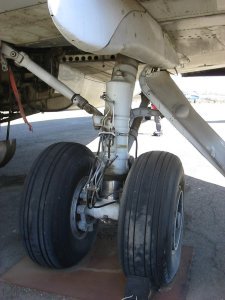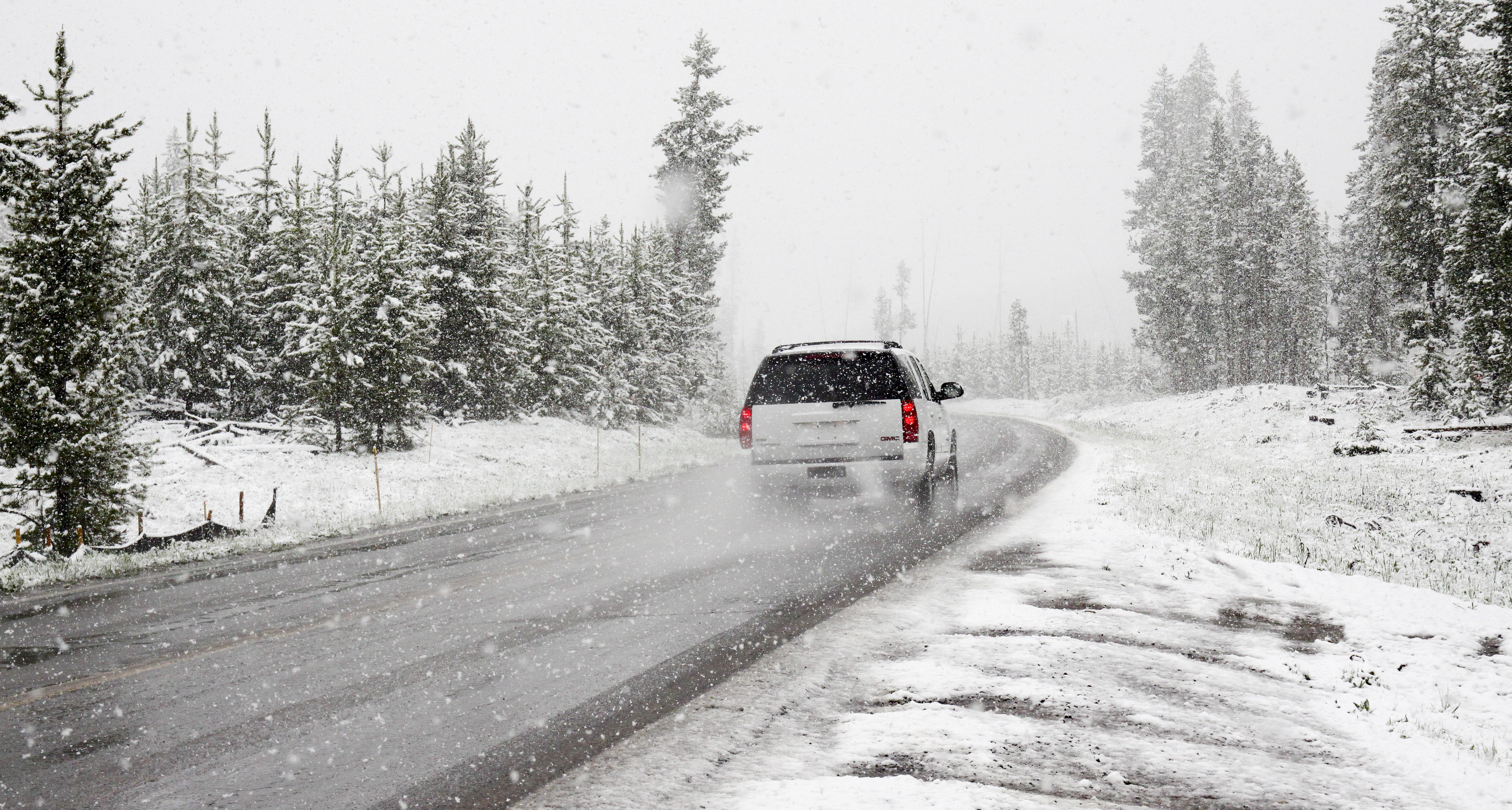Posted on 10/27/2016

Ever think about all the different vehicles that use rubber tires? Tractors, industrial equipment, everything else that rolls on rubber? Each specialized type of tire requires a specialized design for its specific purpose. Aircraft tires, for instance, have to be very robust and handle a great deal of weight and stress, but for only a short period of time. Aircraft tires are often filled with an inert gas such as nitrogen, for more stable inflation levels, and are designed with specialized fusible plugs which provide a safer failure mode (rather than a sudden, catastrophic tire explosion). Off-the-road tires, for vehicles such as graders or mining equipment, operate at low speeds but have to be able to withstand severe service conditions while handling heavy loads. They’re designed with tough, thick carcasses to resist cuts, tears, gouges and punctures while still providing decent control and ride quality for the operator. Agricultural tires are designed for good traction ... read more
Posted on 10/14/2016

You know that winter and bad weather are coming. Is your car ready? Here’s a quick checklist of things to get up to speed on:Motor oil: Motor oil has a tendency to thicken in cold weather, making it harder to circulate to upper engine parts at startup. If you haven’t ever used synthetic oil before, this might be a good time to start. The flow properties of synthetic oil are a lot more consistent, meaning it doesn’t thicken in sub-freezing temperatures or thin out when it’s hot outside.Wipers: Even the best windshield wipers only last about a year. If your wipers are showing cracks or chips or losing strips of rubber, go ahead and replace them. Don’t forget to refill your washer fluid reservoir…you’ll need it once the weather gets bad.Cooling system: If you can’t remember the last time your coolant was changed, it’s pretty easy for a technician to test its condition. Remember that coolant, a 50/50 mix of antifreeze and distilled wate ... read more